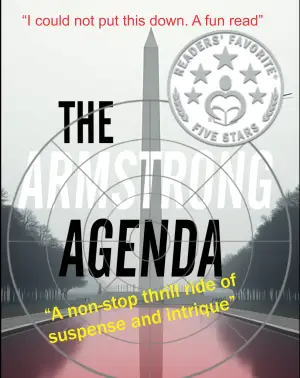Review of The Safekeep by Janelle van der Wouden
From the moment I stumbled upon The Safekeep, I was intrigued. A psychological suspense novel set in the summer of 1961 in a quaint Dutch province sounded like the perfect cocktail of atmosphere and tension. I’ve always been drawn to stories that delve into the complexities of character relationships, especially those tinged with a hint of obsession or unease. Janelle van der Wouden’s debut promised just that, and I was eager to unravel the layers of this narrative.
As I delved into the story, however, my initial excitement quickly began to wane. At the heart of The Safekeep is Isabel, a reclusive woman who finds her solitary existence disrupted by the arrival of Eva, her brother’s girlfriend. The sparks of tension between these two are there, but they simmer instead of ignite. Isabel’s brooding paranoia and judgmental nature frame her perspective, yet her character struggled to evolve past one-dimensionality. I found myself wishing for a deeper exploration of her complexities and contradictions—something that would elevate her from merely being flawed to truly compelling.
Van der Wouden’s writing is undoubtedly polished and evocative, reminiscent of authors like Sarah Waters and Barbara Vine. She skillfully paints the dusty corners of Isabel’s home and the quiet tension of her surroundings. Yet, despite rich descriptions and promising themes—like societal expectations and inner turmoil—those initial layers of intrigue felt buried under a sheen of sentimentality that never quite rang true. There was a sense that the stakes diminished too quickly, as what should have been charged moments fell flat, often feeling contrived and overly dramatic.
In exploring Isabel’s obsession with Eva, I wished for more depth to understand this attraction. Instead, Eva felt like a shadow: a character meant to drive the narrative yet ultimately ambiguous and forgettable. The two characters’ dynamics spiraled into a trope of tension that felt rushed and unearned, robbing the story of a more satisfying slow burn. The stronger thematic elements—the tension of inherited guilt and societal constraints—were present but not as deeply explored as I’d hoped.
Despite my criticisms, I can’t entirely write off The Safekeep. It may resonate with readers who enjoy historical fiction or narratives about complicated relationships, reminiscent of Claire Fuller’s Bitter Orange or Ian McEwan’s Atonement. If you find pleasure in those literary landscapes, there’s a strong chance you’ll engage with van der Wouden’s work more positively than I did.
Reflecting on my experience, The Safekeep left me both disappointed and contemplative. It’s a reminder of how sometimes our expectations shape our reading journey. Despite the disconnect I felt, I encourage others to pick it up and forge their path through its pages. Who knows? It could very well resonate with you in ways it did not for me. And in a world filled with countless narratives, a new perspective is always worth exploring.






